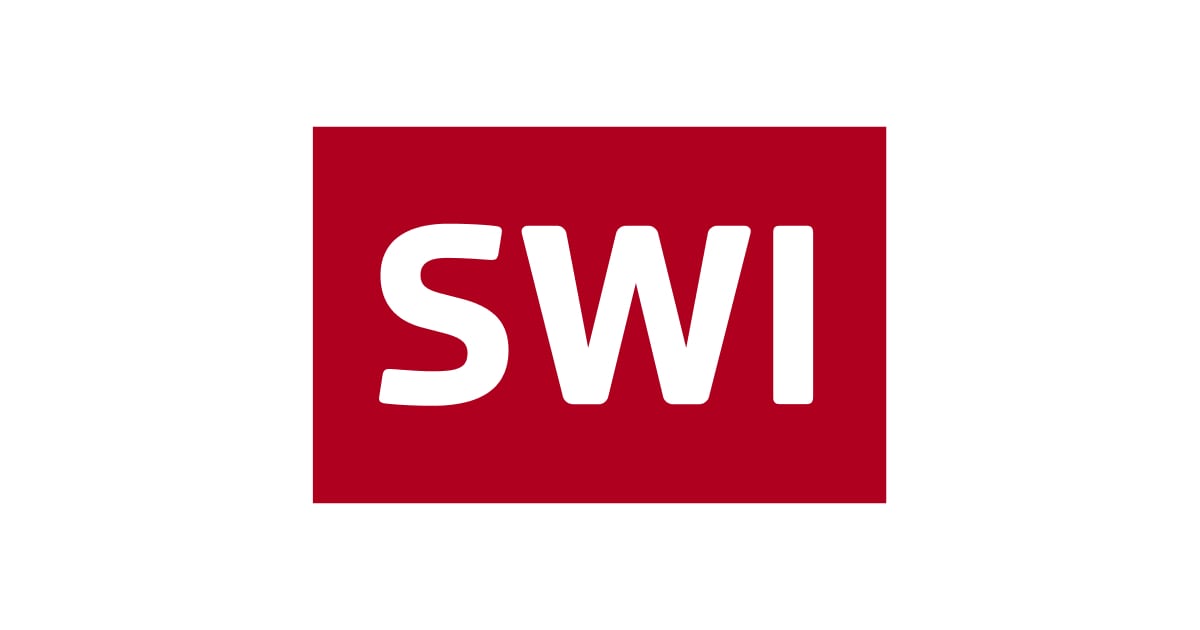
Is the World Economic Forum in Davos worth all the effort?

Next week, from January 15 to 19, the Swiss town of Davos will host the world’s top brass for the 54th annual meeting of the World Economic Forum (WEF). Supporters say the event is essential for organising international cooperation in the face of global challenges. Critics see the WEF as an instrument of domination by economic and political elites. What’s your opinion? Join the debate on “dialogue”.
Titled “Rebuilding Trust”, the 54th edition of the summit aims to put “the fundamental principles of trust” – transparency, consistency, and accountability – at the centre of the agenda for the 2024 edition.
According to a report published by the WEFExternal link on Wednesday, misinformation will be the greatest threat to the world over the next two years. The second-most severe challenge will be extreme weather events, and the third will be the political polarisation of society. Nearly 1,500 experts and decision-makers contributed to the outlook report.
‘Rebuilding trust’
Government ministers, heads of state – including Ukraine’s Volodymyr Zelensky, Israel’s Isaac Herzog, and France’s Emmanuel Macron – international organisations, billionaires and entrepreneurs, experts and academics, youth representatives, NGOs and the media will line the corridors of the Congress Centre in Davos.
These high-ranking leaders will attend conferences, exchange ideas, and propose solutions to solve major contemporary problems and “rebuild trust”. However, it is not specified precisely between whom this trust needs to be rebuilt.
At the 2023 edition of the WEF, NATO Secretary General Jens Stoltenberg advocated for sending more weapons and ammunition to Ukraine. This year, while Russia remains excluded from the summit, Volodymyr Zelensky will likely follow the same goal of shoring up support for his country. Therefore, this year’s WEF will certainly not be about “rebuilding trust” between East and West, nor about strengthening “international cooperation” right across the board.
‘Building distrust’?
But above all, participants at the 54th annual summit will be networking. Founded in 1971 by German economist Klaus Schwab, the former “European Management Symposium”, rebranded as WEF in 1987, is merely the media showcase for the complete architecture of the the WEF’s organisation.
In an interview with historian Agnès Tachin, which she recounts in a 2015 articleExternal link, Yann Zopf, a co-organiser of the event who is currently media manager and member of the WEF executive committee, indeed emphasised that the basis of the activity of the Forum “is not to create events but communities”.
As Tachin summarises, “the WEF is essentially a networking organisation, promoting contacts and exchanges between the world’s leading decision-makers. […] Since its creation, the institution has set up communities of political and economic leaders, experts and representatives of civil society. More than the summit itself, a showcase of the institution and a great media hype, the real value of the WEF […] lies in this intense networking activity and the production of knowledge about the state of the world”.
Conspiracy theory or alter-globalisation?
However, this networking also sparks criticism. But whether the questions come from the academic, political, media or civil society spheres, those who criticise are often labelled “conspiracy theorists”. While it’s true that the WEF is the subject of many fantasies and simplistic explanations, the feeling of a loss of sovereignty which lies behind certain conspiracy theories about the WEF is not illegitimate.
This feeling is indeed at the source of the major anti-WEF movements driven by the alter-globalisation movement in the 2000s: movements that placed the ideas of “conflicts of interest” and “anti-capitalism” at the heart of its criticism, claiming that another type of globalisation – rather than simply a commercial and financial one – is possible. The World Social Forum was launched in 2001 in Porte Alegre in Brazil as an alternative to the Davos Forum.
According to the WEF’s credo, investors, entrepreneurs, and CEOs can “improve the state of the world” through their decisions. A credo which, according to SRF journalist Sebastian RamspeckExternal link, “has come back into fashion in recent years thanks to a new generation of business leaders”. According to Ramspeck, these private leaders “like to take a stand on social and political issues and want to present their company in a favourable light”.
In his 1997 book Les nouveaux chiens de garde (‘The new guard dogs’), French journalist Serge Halimi wrote ironically (and more than a quarter of a century ago): “in Davos each year, we find some of the 358 billionaires who, together and in ‘diversity’, contribute so much to changing the planet since they also own more wealth than nearly half of the world’s population”. Today, there are some 2,700 billionaires around the globe, and there is no doubt that their interests will also be represented in Davos.
Translated from French by Claire Micallef/dos

In compliance with the JTI standards
More: SWI swissinfo.ch certified by the Journalism Trust Initiative


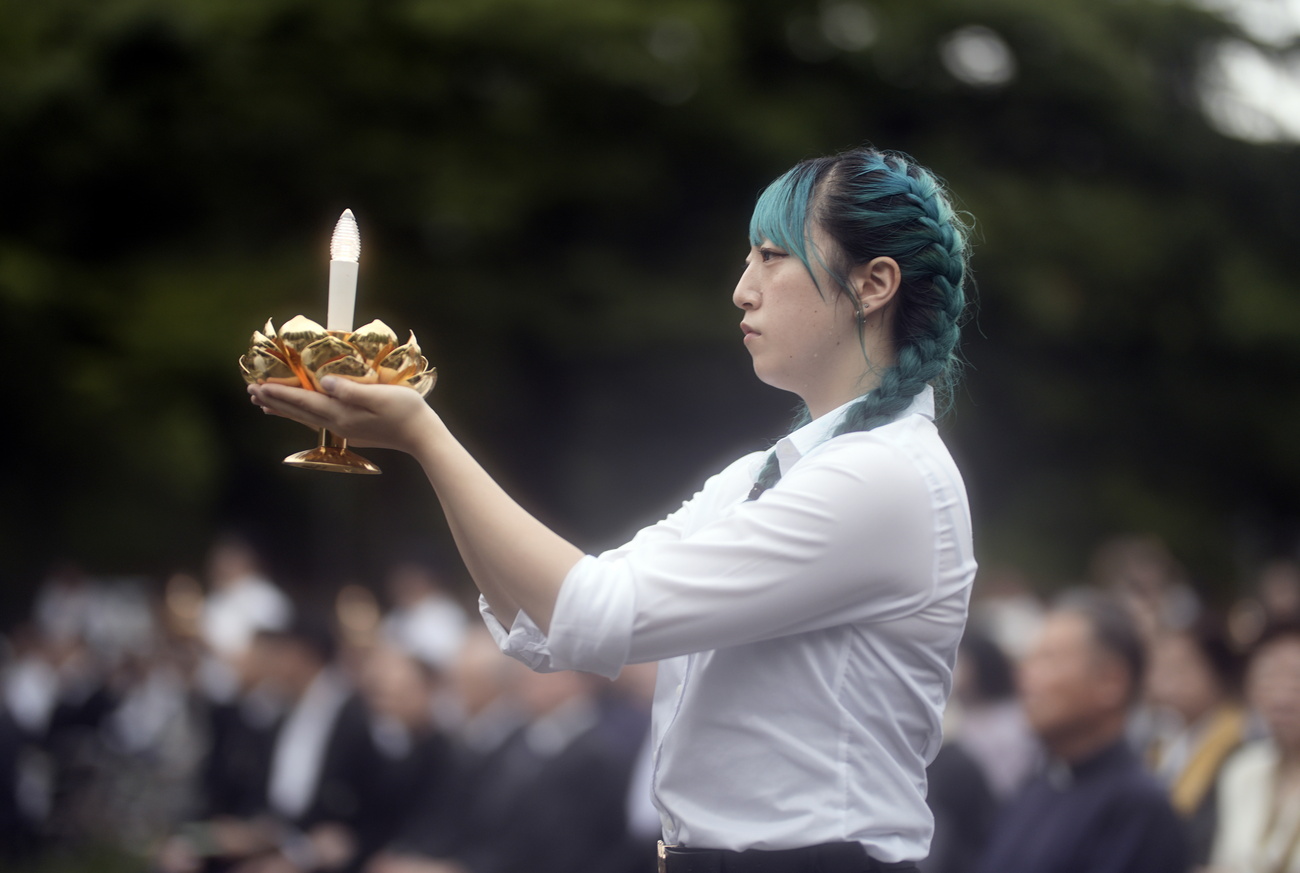



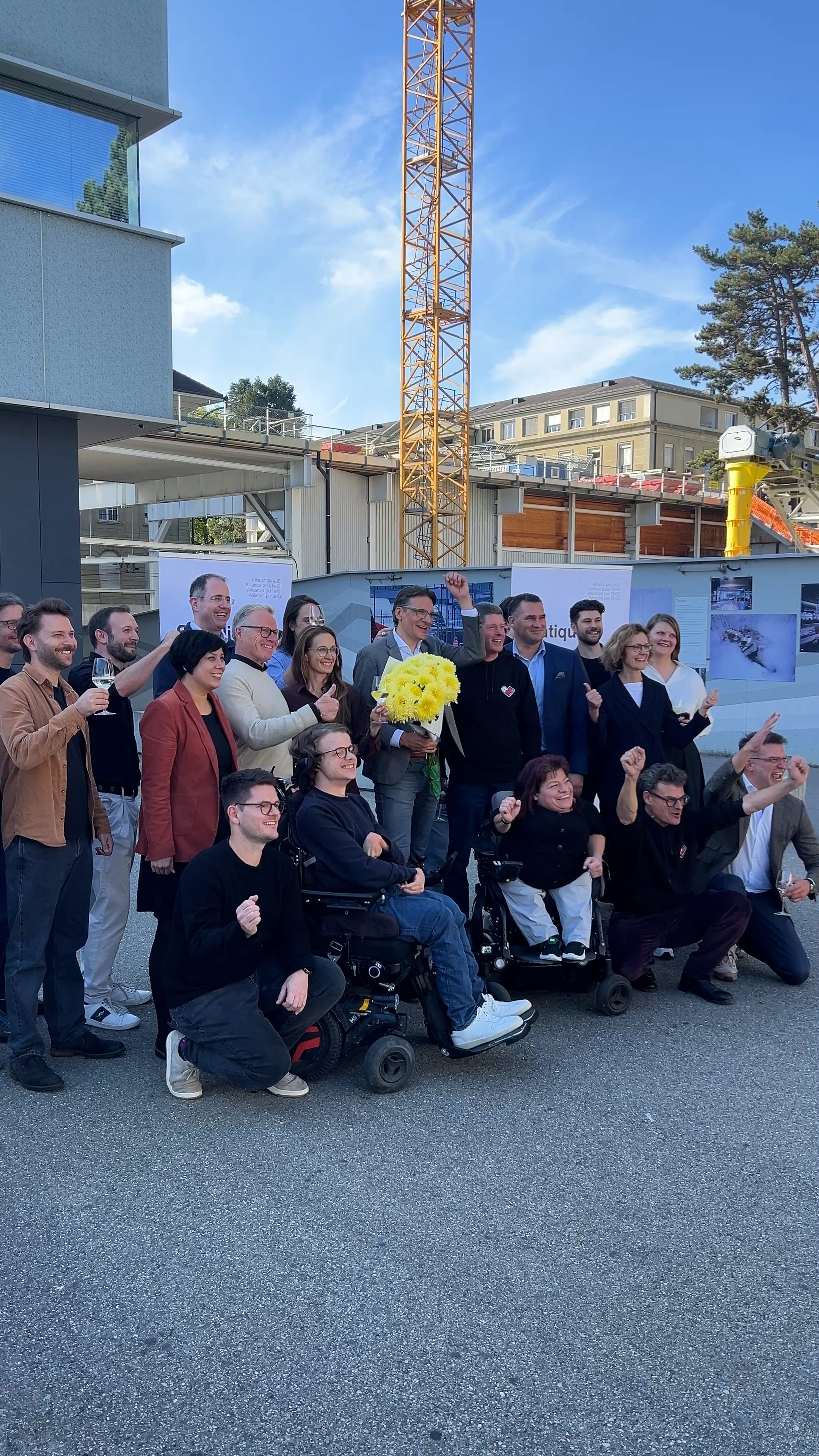


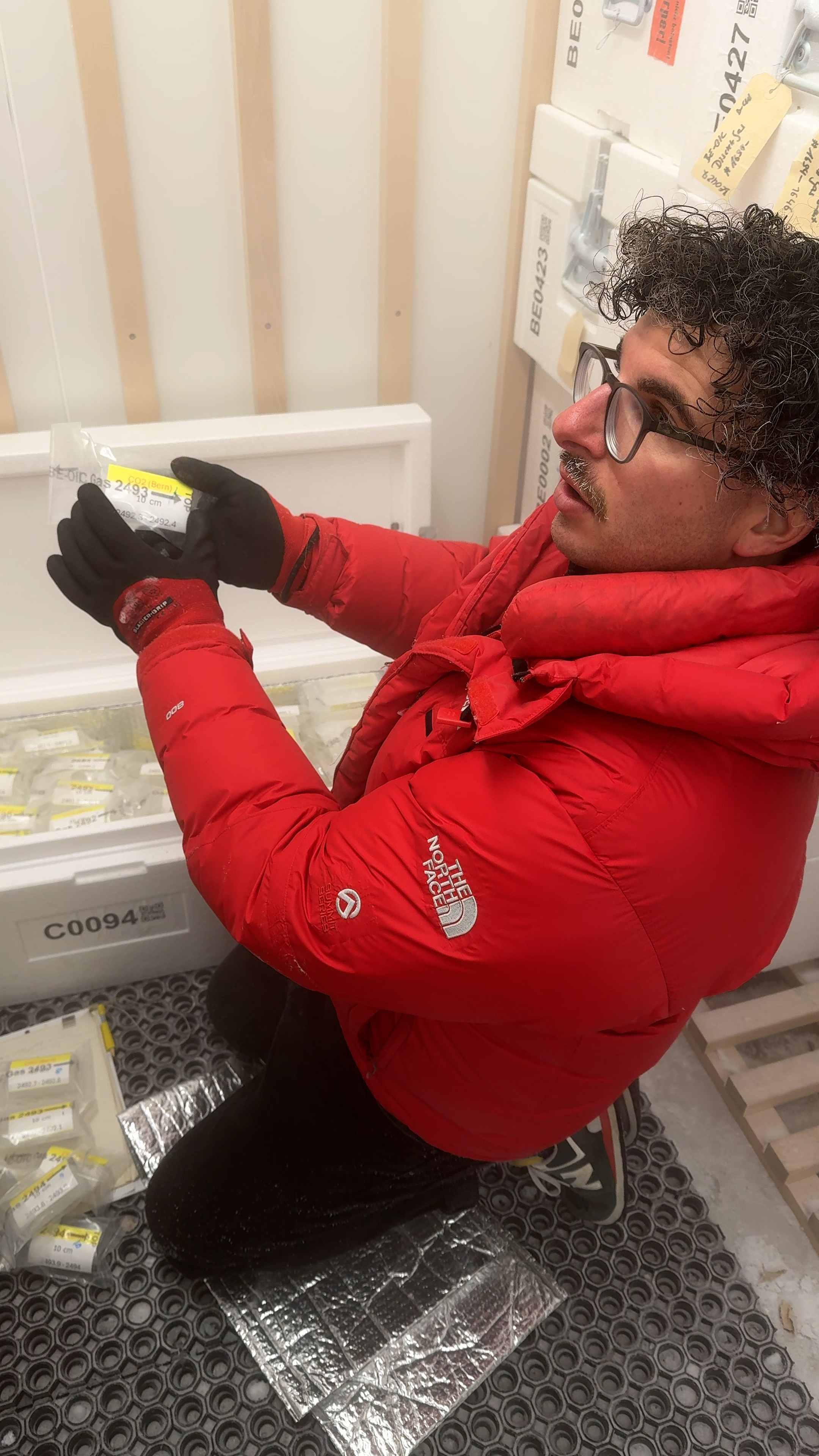












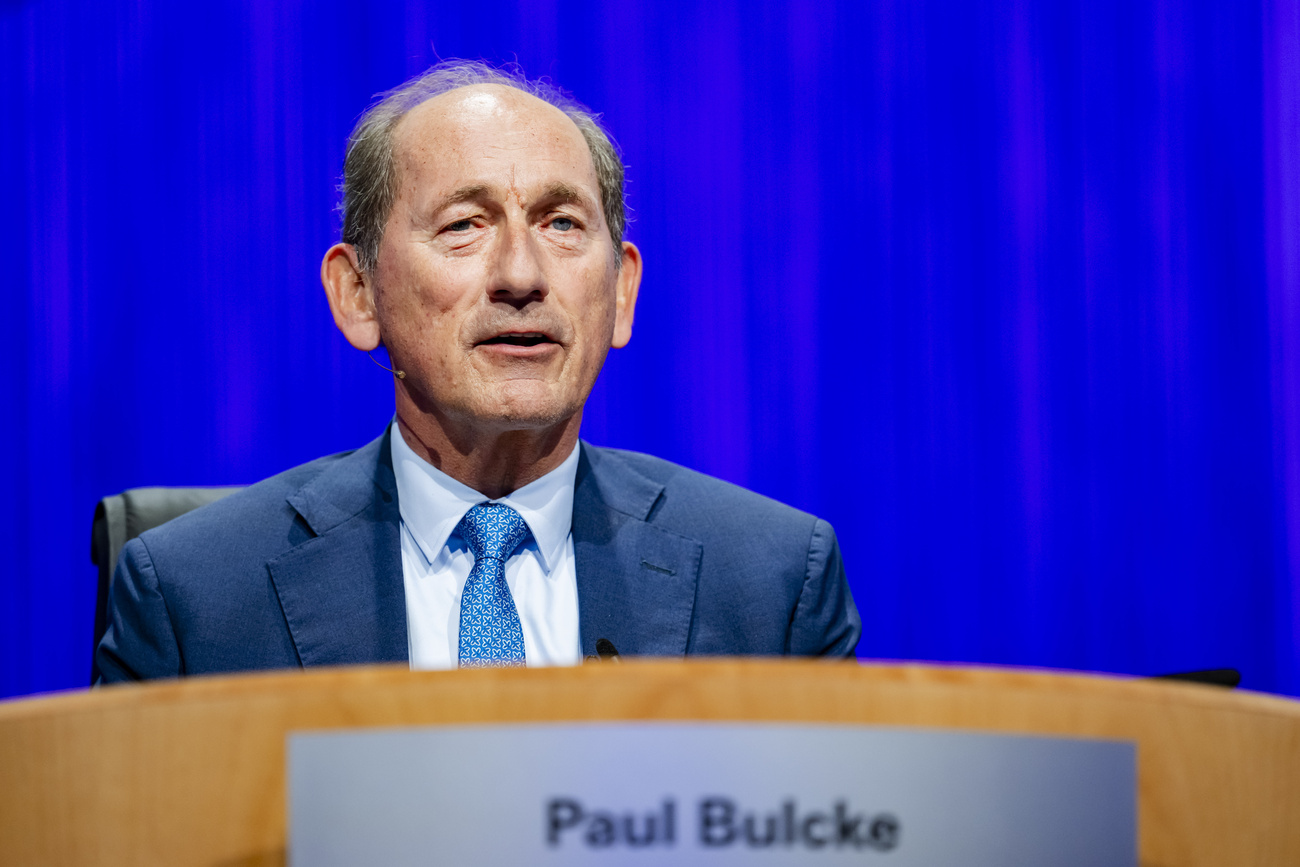






You can find an overview of ongoing debates with our journalists here . Please join us!
If you want to start a conversation about a topic raised in this article or want to report factual errors, email us at english@swissinfo.ch.